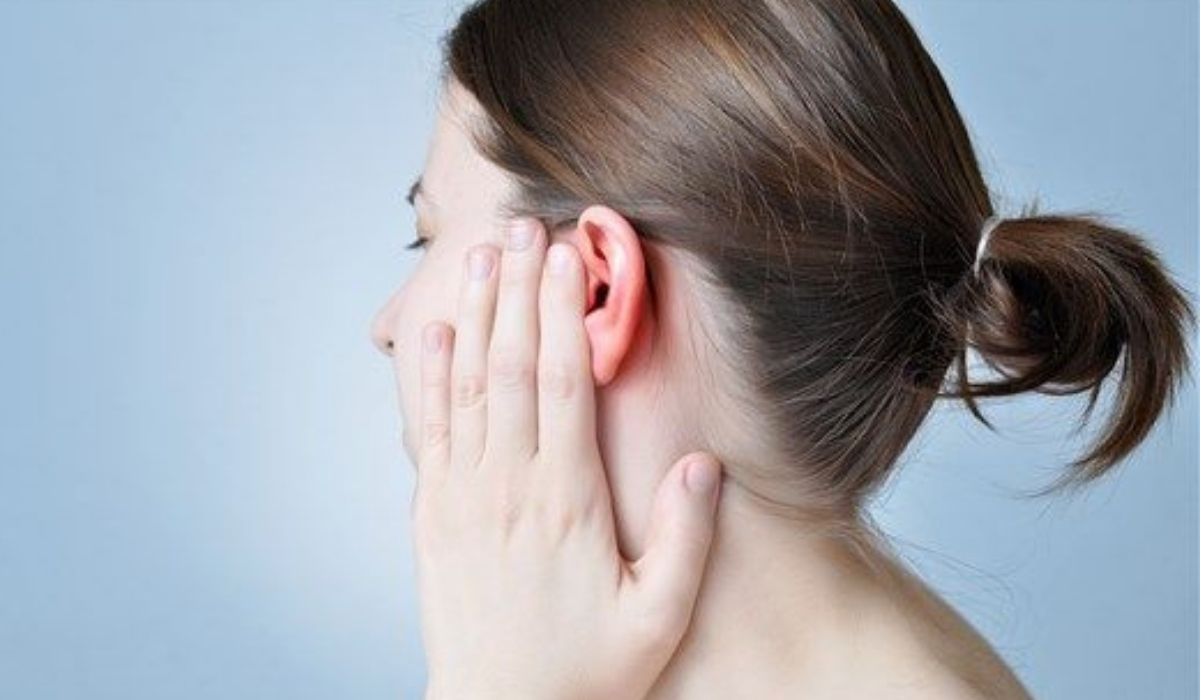Water in the ears is a common complaint among people who like to swim or take showers. If you get water in your ear, how long do you think it will stay there? This article will explore the causes of ear water retention, the dangers it can cause, and the best ways to avoid or treat it.
Understanding Ear Anatomy
Let’s get a firm grasp on ear anatomy before we delve into how long water retention lasts. There are three distinct areas of the ear: the external, middle, and internal. The ear canal and the earlobe are both parts of the outer ear. The eardrum and the three small bones in the middle ear that are responsible for sound transmission are located there. Hearing and equilibrium are both functions of the inner ear.
How Water Gets Trapped
Due to the ear’s distinctive structure, water that accidentally finds its way into the ear canal during activities like swimming, bathing, or even using cotton swabs can become trapped. Since the ears canal has a modest upward slope, water can easily enter but has a hard time exiting. Earwax also makes it harder for water to escape out of the ear canal.
The Duration Water Can Stay in Your Ear
The volume of water, the geometry of your ears canal, and your own uniqueness can all affect how long water will remain in your ear. Within a few minutes to an hour, water will usually drain out on its own. However, water can become trapped for longer periods of time in the ears of some people, causing pain, diminished hearing, and even an increased risk of ears infections.
Factors Affecting Water Retention
Ear Shape: People with smaller ear canals may have trouble draining water for longer periods of time.
Earwax: Too much earwax might prevent water from draining out of the ears canal.
Water Volume: The time it takes for water to evaporate or drain out of the ears may increase in proportion to the volume of water that enters the ears.
Risks of Prolonged Water Retention
There are a number of problems that might arise from letting water sit in your ears for too long:
Ear Infections: Stagnant water increases the likelihood of ears infections because it provides a breeding ground for bacteria.
Hearing Impairment: Temporary hearing loss can occur when water is present because it interferes with the transmission of sound waves.
Swimmer’s Ear: The bacterial infection known as “swimmer’s ear” develops when water gets into the ears canal and stays there.
Remedies to Remove Trapped Water
Here are some helpful treatments to think about trying if you have ears water retention:
Gravity-Assisted Draining: Hop softly on one foot while tilting your head to one side. This may help the water to naturally drain out.
Pulling the Earlobe:Tilting the head back and gently pulling on the earlobe will assist expand the ear canal and encourage drainage.
Using Ears Drops: Water can be evaporated with the help of over-the-counter ears drops.
Warm Compress: A warm (but not hot) compress applied to the infected ear can help drain the fluid buildup.
Prevention Is Key
Water must be kept out of the ears canal at all costs. Tips to think about:
Earplugs: If you want to keep water out of your ears while you swim or take a bath, use a pair of waterproof earplugs.
Ear Dryers: Invest in ear dryers, which direct warm air into the ear canal and help evaporate moisture.
Tilt and Shake: Tilt your head back and give it a light shake to help drain any excess water after being in the water.
Conclusion
You can avoid the pain and health hazards connected with water being stuck in your ear by learning more about your ear’s anatomy and taking the necessary precautions. Remember that there are easy and efficient ways to treat water retention and get your ears back to normal if you ever experience it for an extended period of time.
FAQs
Can water in the ear cause permanent damage?
If untreated, water trapped in the ear can cause infections and temporary hearing loss but is unlikely to cause permanent harm.
Is it safe to use cotton swabs to remove trapped water?
Cotton swabs should never be placed in the ear canal because they can cause more injury or force water deeper into the ears.
Can wearing earplugs too often be harmful?
While it’s typically safe to use earplugs on occasion, doing so frequently without also taking care to clean one’s ears can increase the likelihood of earwax development.
Why does water in one ear affect balance?
The inner ear iss responsible for maintaining equilibrium, and the presence of waters can temporarily disturb its function, leading to a feeling of being off-kilter.
When should I see a doctor for trapped water in my ears?
A doctor should be consulted in the event of pain, persistent discomfort, or other symptoms of infection such discharge.











